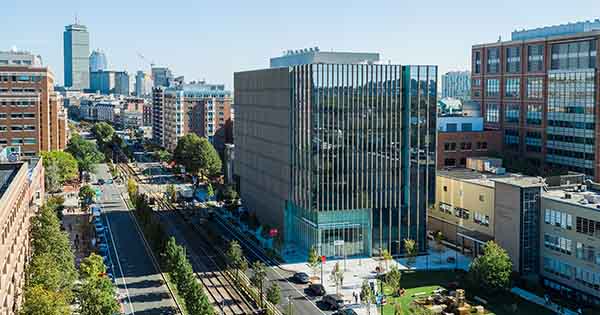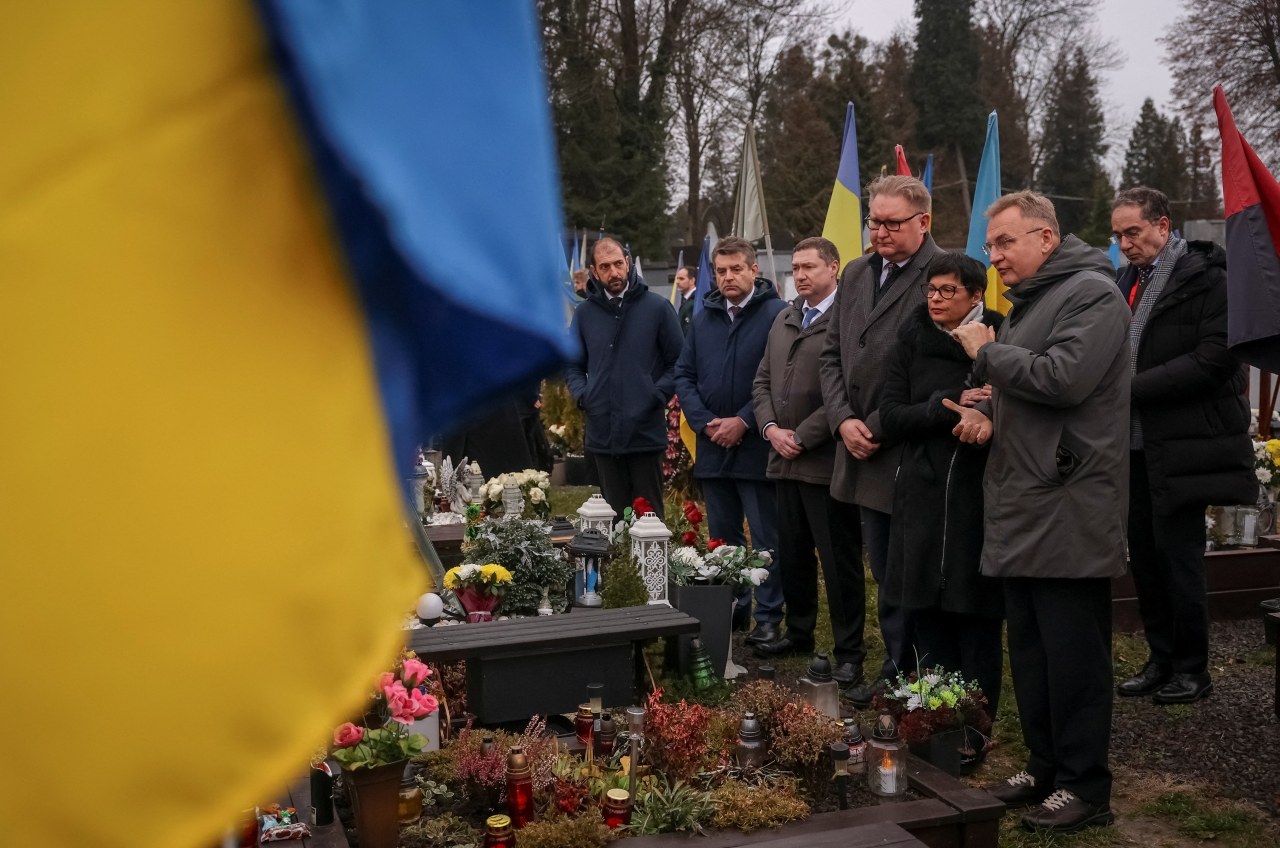Boston University Teams Win Ignition Awards for Innovative Projects

Boston University (BU) awarded its prestigious Ignition Awards to several teams aiming to transition groundbreaking research into real-world applications. Among the recipients are projects focused on advancing battery technology, enhancing disease detection, and improving cartilage repair solutions. Each winning team has received both financial support and guidance from a dedicated advisory committee to aid in navigating the commercialization process.
Jörg Werner, an assistant professor of mechanical engineering at BU, leads a team developing a new battery technology that promises to charge faster and last longer. He expressed gratitude for the Ignition Award, highlighting the collaborative efforts of his team. “Many years of research and effort have put us in the position to build prototypes of our advanced battery technology,” Werner stated. This innovation could address the current limitations of batteries used in smartphones and electric vehicles.
The Ignition Awards, given by BU Technology Development within the Office of Research, also highlight the university’s growing role as an innovation hub. According to Melinda Shockley, executive director of faculty entrepreneurship at BU, the program bridges academic discovery and real-world solutions. “What really excites me is seeing how the project teams bring fresh thinking from different backgrounds and departments across the University,” she noted.
Innovative Approaches to Medicine and Diagnostics
One notable project involves the design of new medicines using advanced machine learning and innovative chemical methods. Team leads Adrian Whitty, an associate professor of chemistry, and Xuezhou (Jack) Zhang, an assistant professor of computing and data sciences, aim to create oral drugs from macrocyclic compounds. They anticipate that their research will address obstacles in macrocycle drug discovery, significantly enhancing treatment options.
Another project led by John T. Ngo, an associate professor of biomedical engineering, focuses on engineered enzymes designed to activate therapies specifically in targeted cells. This technology could significantly improve the efficacy of mRNA medicines, particularly in treating diseases like cancer. Ngo emphasized that this tailored approach could lead to smarter treatments for various conditions, including liver cancers and autoimmune disorders.
Additionally, Selim Ünlü, a distinguished professor of electrical and computer engineering, is developing a patented technology to streamline the histopathology process. His innovation could reduce costs and improve diagnostic accuracy while minimizing environmental impact. Ünlü’s team has created a method that allows for high-contrast imaging of tissue samples without the need for complex preparation steps.
Advancements in Tissue Repair and Data Management
The quest for effective cartilage repair has also gained momentum with a project led by Michael Albro, an assistant professor of mechanical engineering, and Mark Grinstaff, a William Fairfield Warren Distinguished Professor. Their work focuses on creating a drug delivery system that promotes cartilage regeneration, which could offer new treatment options for cartilage injuries and osteoarthritis.
In the realm of data centers, Ayse Coskun, a professor of electrical and computer engineering, is working on optimization methods to manage power consumption effectively. Winning the Ignition Award serves as both recognition and a catalyst for her team to validate their vision of making data centers more sustainable and efficient.
With the Ignition Awards, BU is not only fostering innovation but also creating pathways for these projects to transition from research to real-world impact. As the university continues to nurture this spirit of entrepreneurship, the potential for significant advancements in technology, medicine, and sustainability remains on the horizon.






